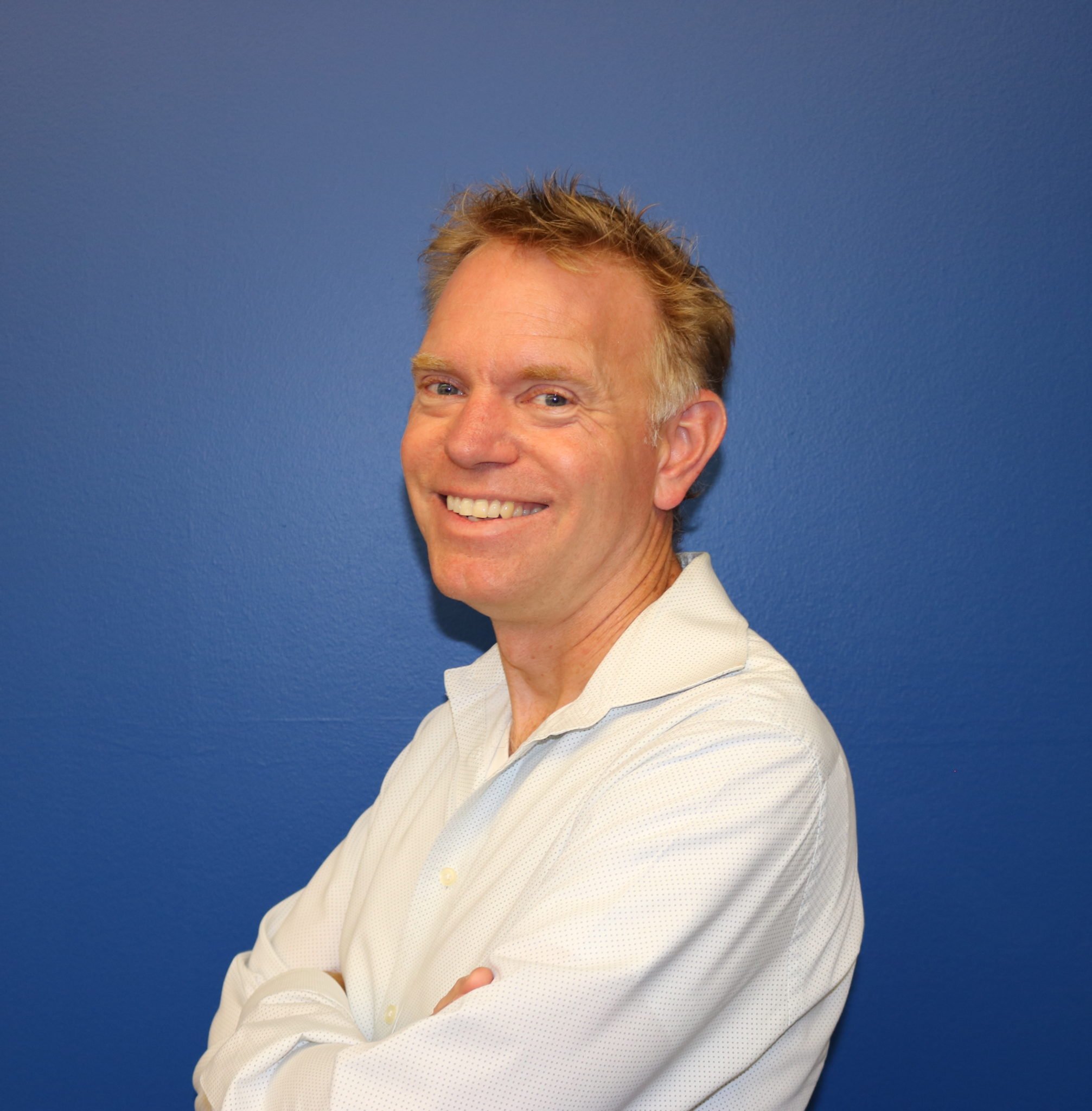Highlights:
- The RingTern program is a 10-week internship program, held quarterly
- Focus areas typically include: marketing, finance, sales, IT, engineering, HR, and legal
The days of internships that consisted of bewildered college students wandering around for a week and occasionally bringing coffee are long gone. Today, both interns and companies demand more—and RingCentral’s RingTern program is up to the challenge. We sat down with a few of the people who lead it to see where the program came from, where it is today, and what its future holds.
“I sat down with (VP of Employee Success) Alvin (Lam,)” said Kate Carmack, Senior Manager, Talent Brand and Programs, “…and we asked ourselves, “What is our goal here? What are we really trying to accomplish?” The answer was – let’s get students into positions where they can explore the career they’re going for, and see if it really fits true to size. Ask a Marketing major, for example, what they actually want to do within the field of marketing, and they’re like a deer in the headlights—of course they are. They haven’t done it yet. They don’t know what they don’t know. And that applies to probably 95% of the students out there. They chose a major, they’re pretty sure that’s what they want to do, but what really happens in that particular field, and is it a good fit? That’s what the RingTern program helps them find out.”
Finding the why
RingTerns hit the ground running, working on real-world projects, with real responsibilities and deadlines. University Recruiting Program Coordinator Jenn Fisher thinks that’s good for both the students and RingCentral.
“Students today are trained to question things and find out why – what’s the why behind this? They know how to identify challenges, identify gaps and solve them, not just continue to go through the motions because that’s “the way it’s always been done.” So a RingTern might experience one of our processes and say, “That’s great, but why are you taking nine steps to accomplish that when you only need four?” That’s valuable to both us and them.”
Network, network, network
The pandemic was tough on interns worldwide, with many companies being forced to suspend their programs entirely. The RingTern program went 100% virtual throughout the pandemic, with so much success the company was able to add a fourth, winter class for the first time. The program is shifting to a hybrid model soon, but according to Talent Program Specialist Paola Ausejo, everyone’s adapting well, even if the in-person contact is missed.
“In the past, RingTerns had those interactions that happen organically in the office that allowed them to network and learn; today you have to put yourself out there a little bit more from a networking standpoint; that’s our largest push – network, network, network. We try to put a lot of opportunities in front of them, because we know it’s difficult to do this in the remote space, but we make it as easy as possible for them to reach out to people and find different teams, community functions, employee resource groups and so forth to get involved in. We’d obviously rather be in-person all the time, but (the RingTerns) have made the best of it.”
According to Fisher, the shift to virtual internships has opened up unexpected opportunities.
“(Going virtual) actually increases opportunity because we’ve had a lot of students that have applied from New York and other parts of the east coast for positions in California, and in the past, the housing situation would have prevented them from participating. Now, more students have the opportunity to get involved in RingCentral who may not have been able to make it work from a housing perspective before.”
Seeing the Future
No one knows what the future of work is. From Carmack’s perspective, the RingTern program is a great way to get a preview.
“We’ve switched up our Innovation Challenge and asked the RingTerns to solve a problem statement looking at the future of work, and how we might make the transition to a hybrid model while maintaining an inclusive work environment. It’s literally an opportunity for them to change the way the future works. We’re not just asking them to drop a note in a suggestion box. Their voices matter to us. When their product ideas are strong enough, we produce that product. If their ideas about the future of work are strong enough, we’ll make that happen, as well.”
Originally published Jul 08, 2021





